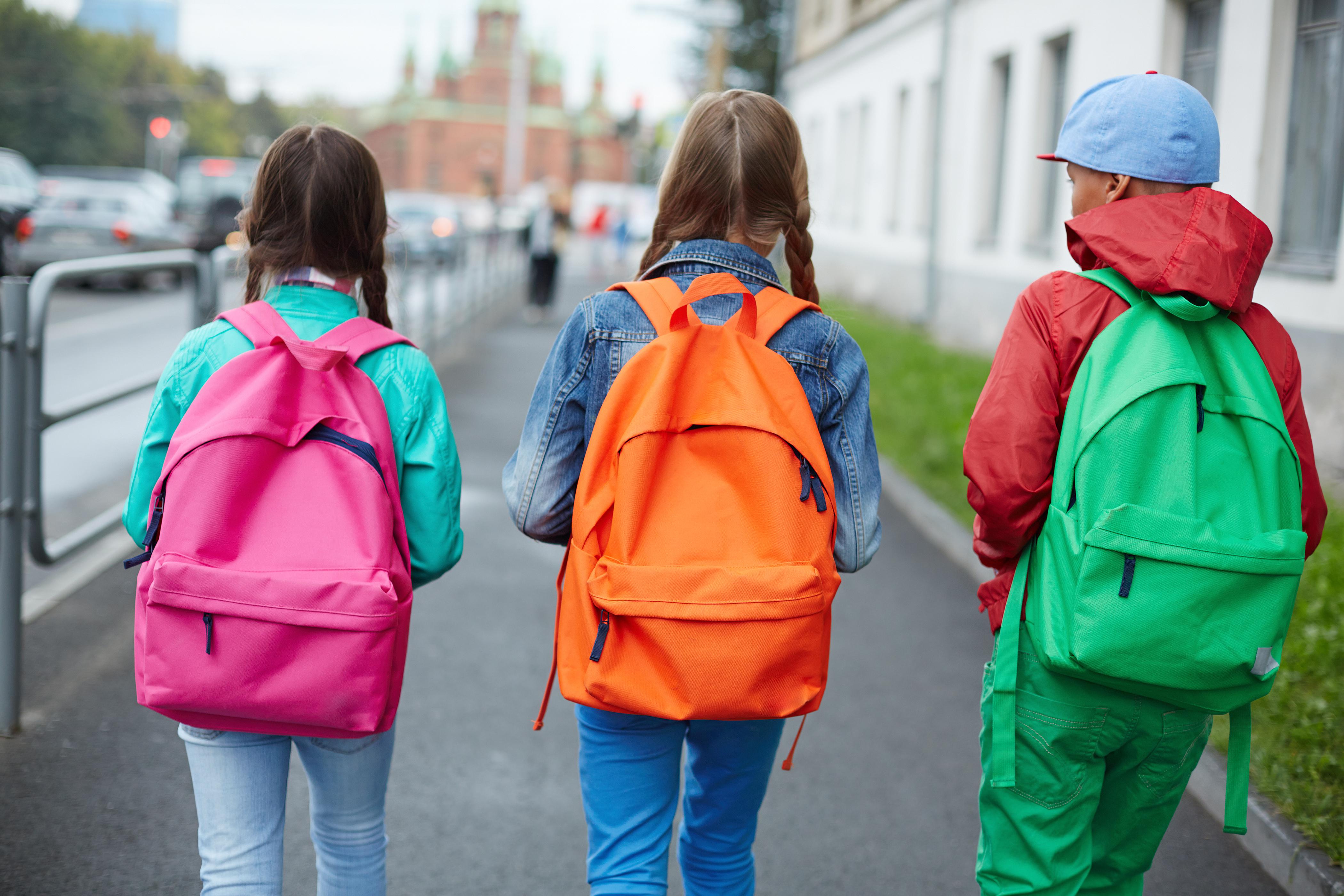On a recent Saturday afternoon, a 10-year old Maryland boy named Rafi and his 6-year old sister, Dvora, walked home by themselves from a playground about a mile away from their suburban house. They made it about halfway home when the police picked them up. You’ve heard these stories before, about what happens when kids in paranoid, hyperprotective America go to and from playgrounds alone. I bet you can guess the sequence of events preceding and after: Someone saw the kids walking without an adult and called the police. The police tracked down the kids and drove them home. The hitch this time is, when the police got there, they discovered that they were meddling with the wrong family.
Danielle and Alexander Meitiv explicitly ally themselves with the “free range” parenting movement, which believes that children have to take calculated risks in order to learn to be self-reliant. Their kids usually even carry a card that says: “I am not lost. I am a free-range kid,” although they didn’t happen to have it that day. They had carefully prepared their kids for that walk, letting them go first just around the block, then to a library a little farther away, and then the full mile. When the police came to the door, they did not present as hassled overworked parents who leave their children alone at a playground by necessity, or laissez-faire parents who let their children roam wherever, but as an ideological counterpoint to all that’s wrong with child-rearing in America today. If we are lucky, the Meitivs will end up on every morning talk show and help convince American parents that it’s perfectly OK to let children walk without an adult to the neighborhood playground.
Perhaps if they had been black and lived in South Carolina, they would have been arrested like Debra Harrell, the single mother who let her daughter go to the playground while she was working at McDonald’s. As white suburban professionals, the Meitivs experienced a lower level of intrusion, but still one that would make any parent bristle. The police asked for the father’s ID, and when he refused, called six patrol cars as backup. Alexander went upstairs, and the police called out that if he came down with anything else in his hand “shots would be fired,” according to Alexander. (They said this in front of the children, Alexander says.) Soon after, a representative from Montgomery County Child Welfare Services came by and required that the couple sign a “safety plan” promising not to let the children go unsupervised until the following week, when another CPS worker would talk to them. At first, the dad refused, but then the workers told him they would take the kids away if he did not sign.
The following week the police and CPS workers questioned the children at school without the parents’ permission, which is legal and in fact encouraged to allow kids to speak honestly in case there’s abuse at home. But in this case, the officials were trying to undo a perfectly reasonable parenting philosophy the Meitivs had tried to instill in their children. “They were asking my son Rafi what he would do if he was grabbed by a stranger,” the dad said. “Telling them, you know, that there are creeps out there that are just waiting to grab children if they’re walking by themselves.”
Of course, a cop or a CPS worker is free to instill that terror in his own children. But the Meitivs, who are well-versed on this subject, know the truth: “The world is actually even safer than when I was a child, and I just want to give them the same freedom and independence that I had — basically an old-fashioned childhood,” Danielle Meitiv told the Washington Post. “I think it’s absolutely critical for their development — to learn responsibility, to experience the world, to gain confidence and competency.” She added: “Abductions are extremely rare. Car accidents are not. The number one cause of death for children of their age is a car accident.”
The Meitivs are the perfect poster family for the free-range movement. They are both educated professionals. Their children are happy and do well in school. They live in the suburbs, and they happen to be exquisitely articulate about what they believe and sophisticated about how to get the word out. After the police came, they immediately researched what the law said about leaving a child alone and discovered it only applied if the child was “confined in a dwelling,” not outside. They wrote a letter to Lenore Skenazy, the mother of the free-range parenting movement. They then sent updates to Reason, the sympathetic libertarian magazine. Alexander grew up in the former Soviet Union and has a compelling backstory to tell about the intrusions of public officials into private life.
“We are frightened and confused,” they told Reason. So are lots of American parents, for different reasons. They are frightened of phantom dangers, confused about why their children are living childhoods that are so much more restricted than their own. The solution, however, is relatively simple: Parent more like the Meitivs, from a place of trust and not fear. Assess the risks in a reasonable way. Value independence alongside safety. For starters, teach your children to walk to the playground alone.
